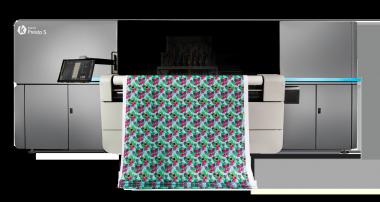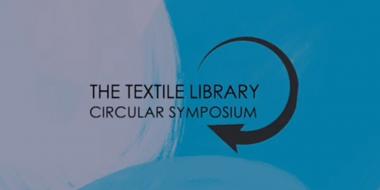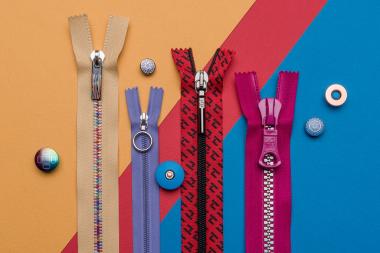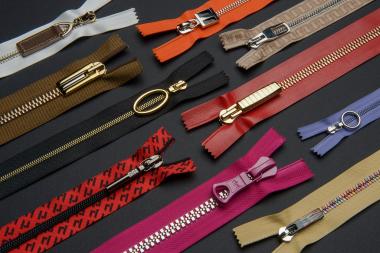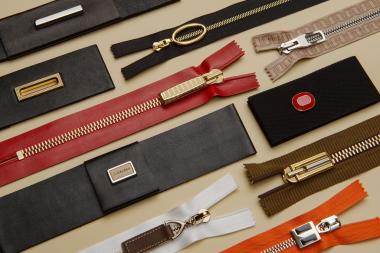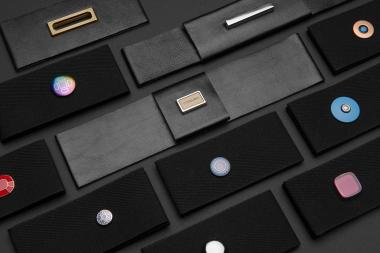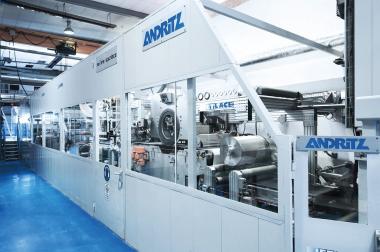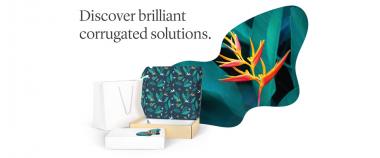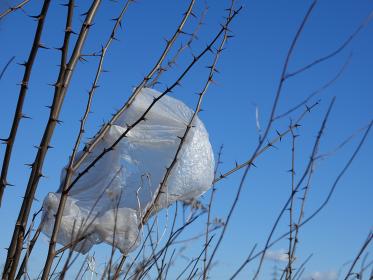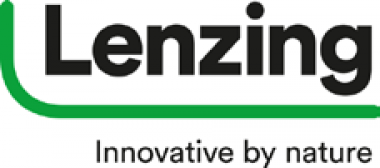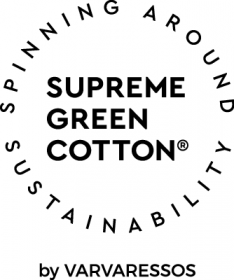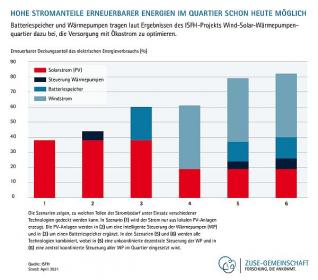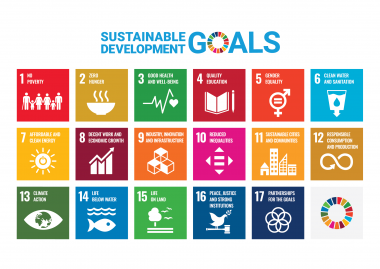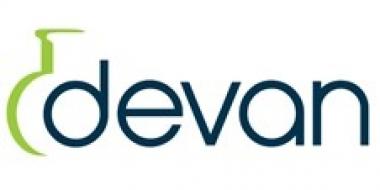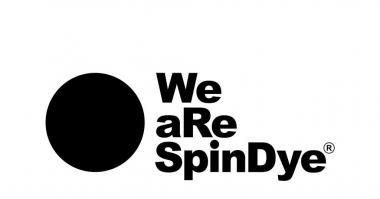Preiswürdig: Ananasblätter als nachhaltige Alternative für Leder
- Spanische Unternehmerin Carmen Hijosa als Finalistin für Europäischen Erfinderpreis 2021 des Europäischen Patentamts (EPA) nominiert
- Hijosa entwickelte ein Verfahren, das Ananasblätter in eine weiche, haltbare und vielseitige Textilie verwandelt
- Umweltfreundliche Alternative unterstützt die Landwirtschaft und ist bei führenden internationalen Modefirmen gefragt
Das Europäische Patentamt (EPA) gibt die Nominierung der spanischen Unternehmerin Carmen Hijosa für den Europäischen Erfinderpreise 2021 als Finalistin in der Kategorie „KMU“ (Kleine und mittlere Unternehmen) bekannt. Sie hat eine Lederalternative und gleichermaßen innovative Textilie aus den Fasern von Ananasblättern entwickelt, die aus einer Abfallressource hergestellt wird und im Vergleich zur Herstellung von Rindsleder die Umwelt weniger belastet.
Die Gewinner des jährlichen Innovationspreises des EPA werden am 17. Juni 2021 ab 19 Uhr im Rahmen einer Galaveranstaltung bekannt gegeben, die in diesem Jahr als digitales Event für ein weltweites Publikum neu konzipiert wurde.
Für die kommerzielle Verwertung ihrer Erfindung hat Hijosa 2013 in London ein KMU gegründet. Ihre natürliche Lederalternative unterstützt Landwirte und Genossenschaften auf den Philippinen und ist auch bei großen internationalen Modemarken gefragt.
Europäisches Patentamt







